Publications

Journal Article
Inclusive and gender-transformative seed systems: Concepts and applications

Journal Article
Adapting the Women’s Empowerment in Nutrition Index: Lessons from Kenya

Journal Article
Evaluating the gendered credit constraints and uptake of an insurance-linked credit product among smallholder farmers in Kenya
Datasets
Dataset
Nature+ Quantitative Baseline Household & Worker Survey, Kenya
Dataset
2021 Social Accounting Matrix for Kenya
Dataset
Food Security Simulator — Kenya
Blogs

The promise of digital farmer services: Sifting reality from hype in Kenya
Accelerating technology adoption.
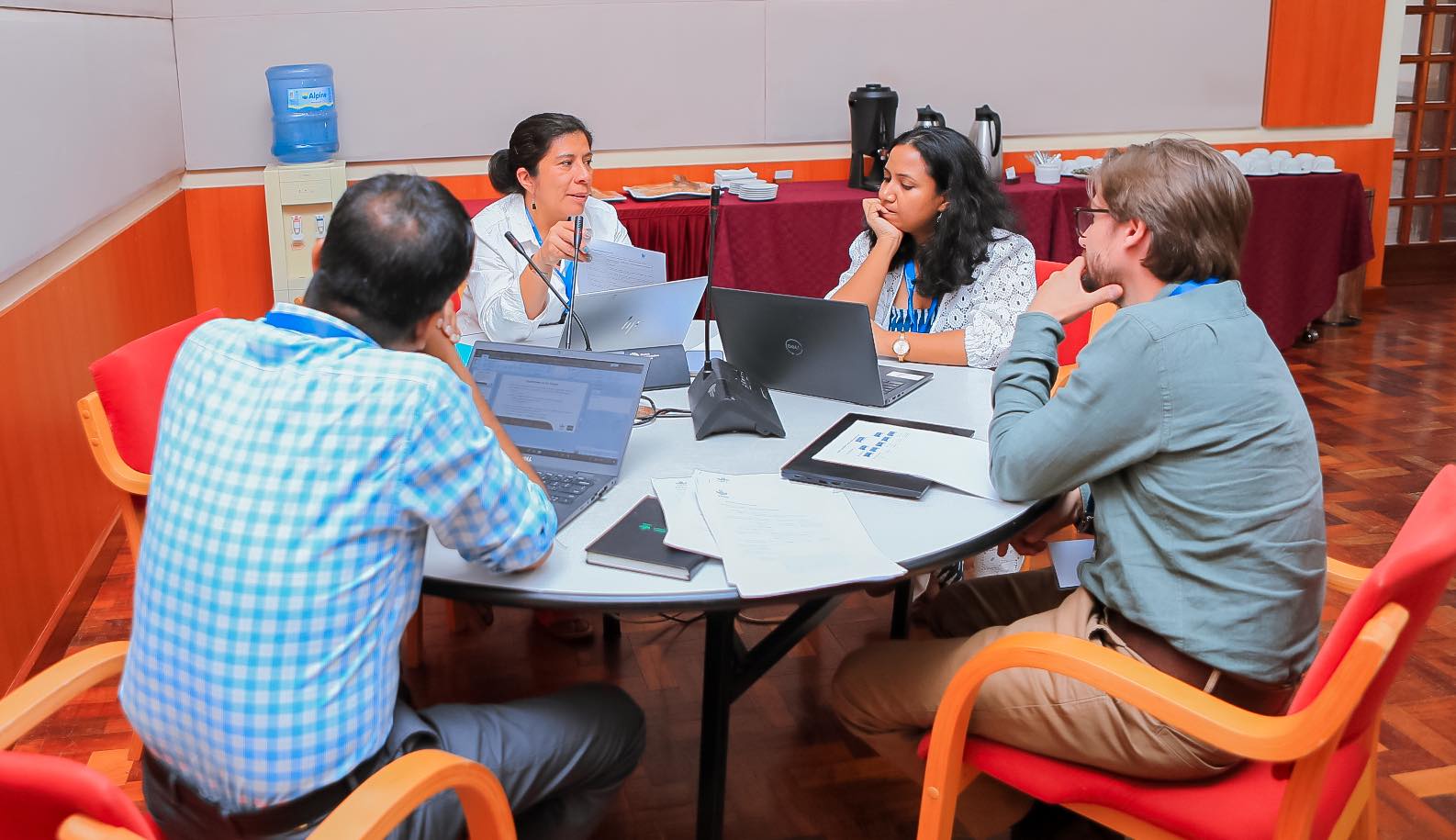
Workshop: Assessing on-the-ground impacts of genetic innovation in agriculture
A coordinated multi-country approach.

From space to soil: Advancing crop mapping and ecosystem insights for smallholder agriculture in Kenya
Using machine learning to track land use.
Events
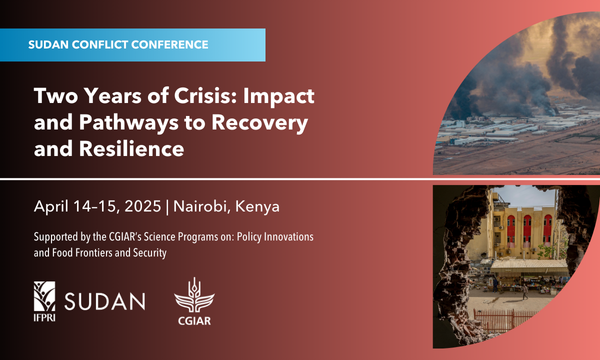
Two Years of Crisis: Impact and Pathways to Recovery and Resilience
Day 2: Sudan Conflict Conference | April 15, 2025 Day 1: Sudan Conflict Conference | April 14, 2025 The Sudan conflict, now entering its third year, continues to devastate the country’s socioeconomic fabric. As of January 2025, more than 8.8 million people were internally displaced, and over 3.3 million had sought refuge in neighboring countries. […]

IFPRI @ CGIAR Science Week
When humanity has faced its greatest challenges, science and innovation have provided solutions. Today, major and connected global challenges threaten the sustainability of food, land, and water systems, with the most vulnerable people and communities at greatest risk. Recognizing the urgency of these challenges, CGIAR and the Kenyan Agricultural and Livestock Research Organization (KALRO) are […]
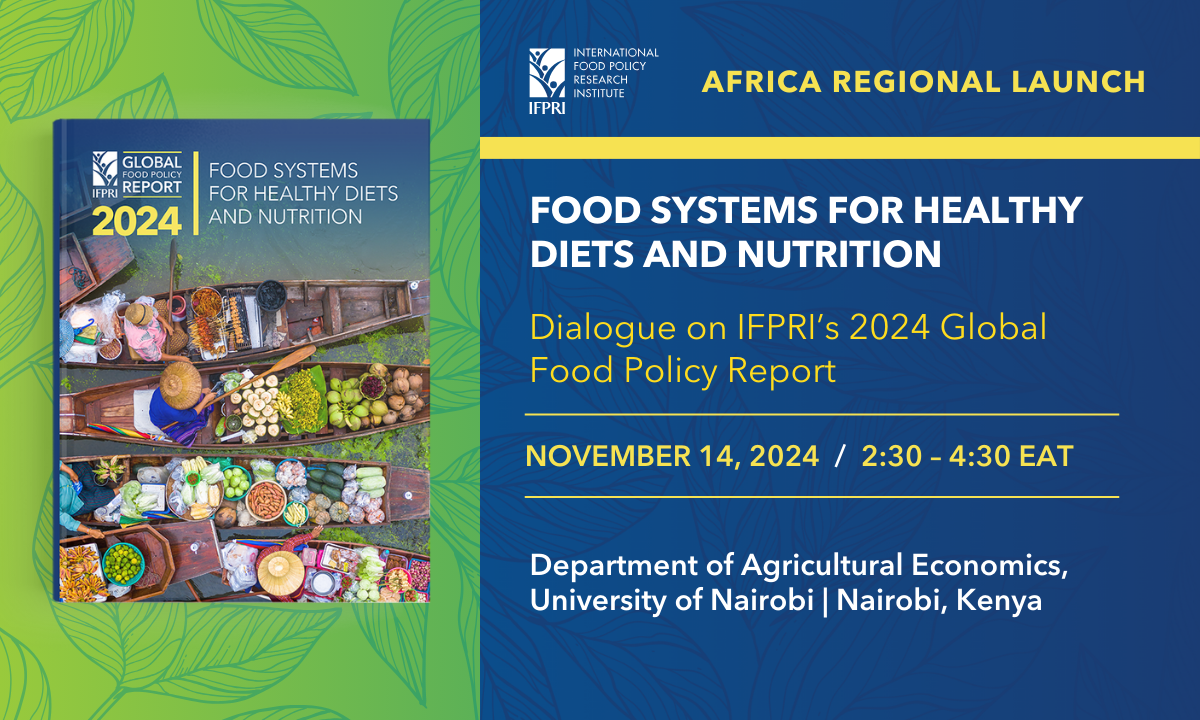
Food Systems for Healthy Diets and Nutrition: Africa Regional Launch of IFPRI’s 2024 Global Food Policy Report
Despite significant progress in addressing hunger and undernutrition in the early 2000s, malnutrition, in all its forms, remains a major challenge in all regions of the world. Unhealthy diets remain the primary drivers of many forms of malnutrition, including undernutrition, overweight and obesity, micronutrient deficiencies, and diet-related noncommunicable diseases. Today, the number of people who […]
News
A new book provides a roadmap for food systems transformation in Kenya
The past few years have seen Kenya, along with many other countries, confronted with multifaceted and compounding challenges. The disruptions caused by COVID-19, high levels of food price inflation, and environmental crises, such as locust infestations and droughts, have severely tested the resilience of Kenya’s food systems and the affordability of food for its citizens. […]
Food prices are rising as countries limit exports. Blame climate change, El Nino and Russia’s war (Associated Press)
“Countries have imposed restrictions on the food they export to protect their own supplies from the combined effect of the war in Ukraine, El Nino’s threat to food production and increasing damage from climate change,” writes the Associated Press. “Tanzania’s onion limits this year are part of the “contagion” of food restrictions from countries spooked by supply […]
Kenya’s new urban school meal plan is ambitious – it could offer lessons for scaling up (The Conversation)
More than 250,000 children in public primary schools in Nairobi will receive regular subsidized school meals provided by the county government. The Dishi Na County program is Kenya’s first in an urban setting. The national school meal program set up in 2009 serves more than 1.5 million children in rural drought-affected counties. The Conversation asked Elisheba Kiru (African Population and […]
Projects

Economywide Risk Assessments
Developed using advanced machine learning, simulation, and data mining techniques, these country briefs provide detailed risk assessments of key economic indicators. Produced by IFPRI, the……
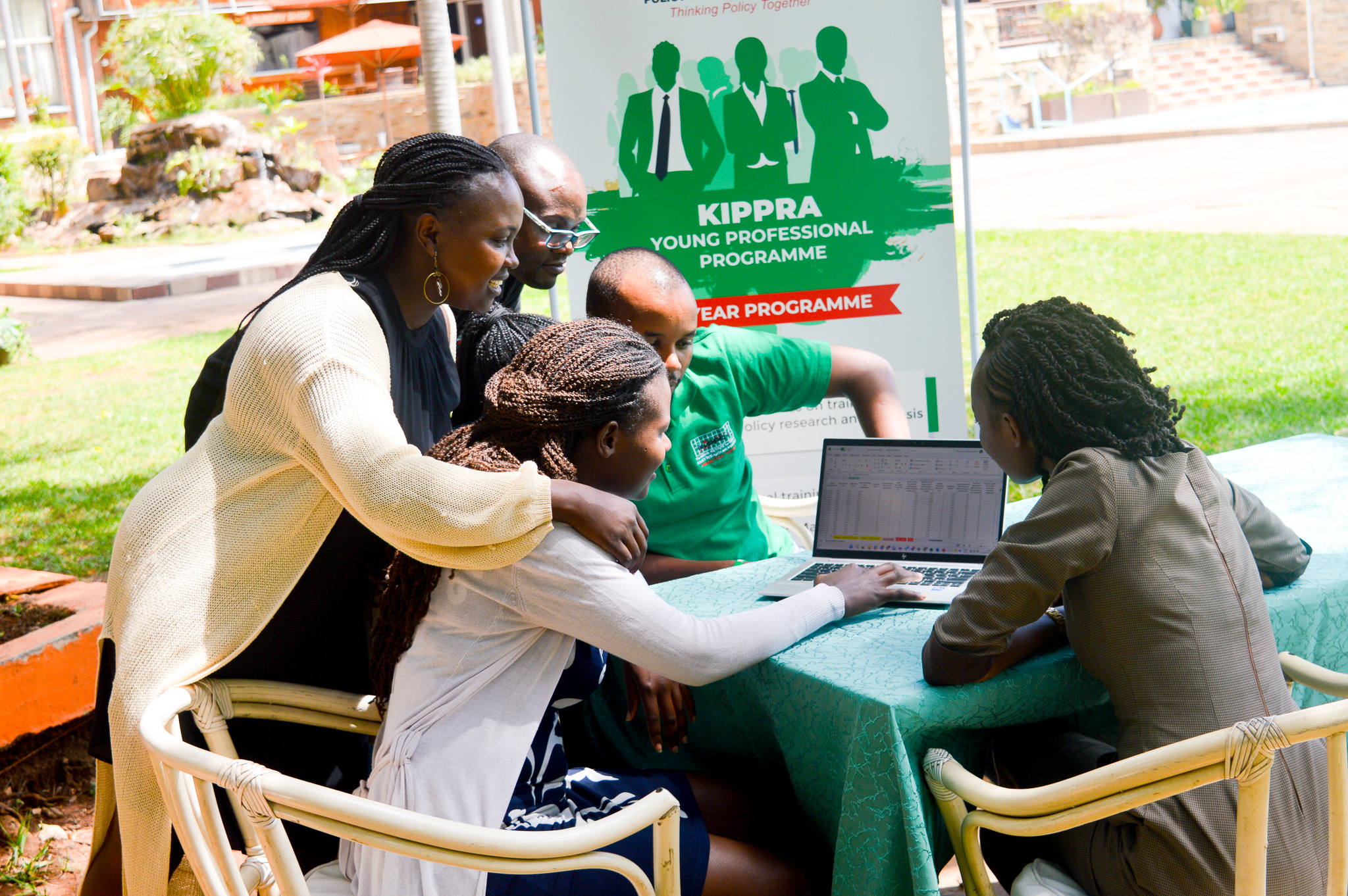
Food Security Simulator
The Food Security Simulator is an innovative, easy-to-use MS-Excel-based tool for assessing the potential short-term impacts of food price or household income shocks on food……
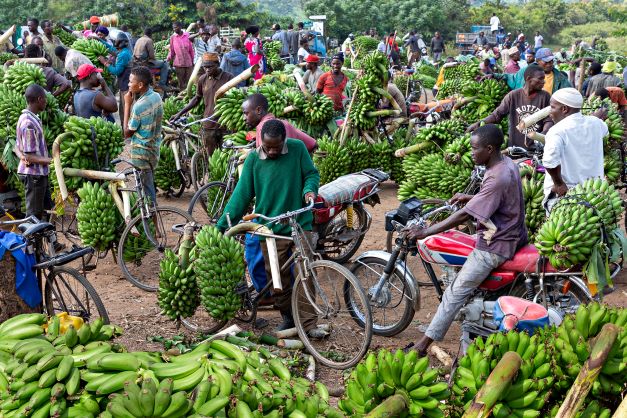
Strengthening National Capacities and Policies for Food Systems Analysis and Transformation in Kenya, Ghana, and Senegal
Food systems encompass the entire range of actors and their interlinked value-adding activities involved in the production, aggregation, processing, distribution, consumption, and disposal of food……




